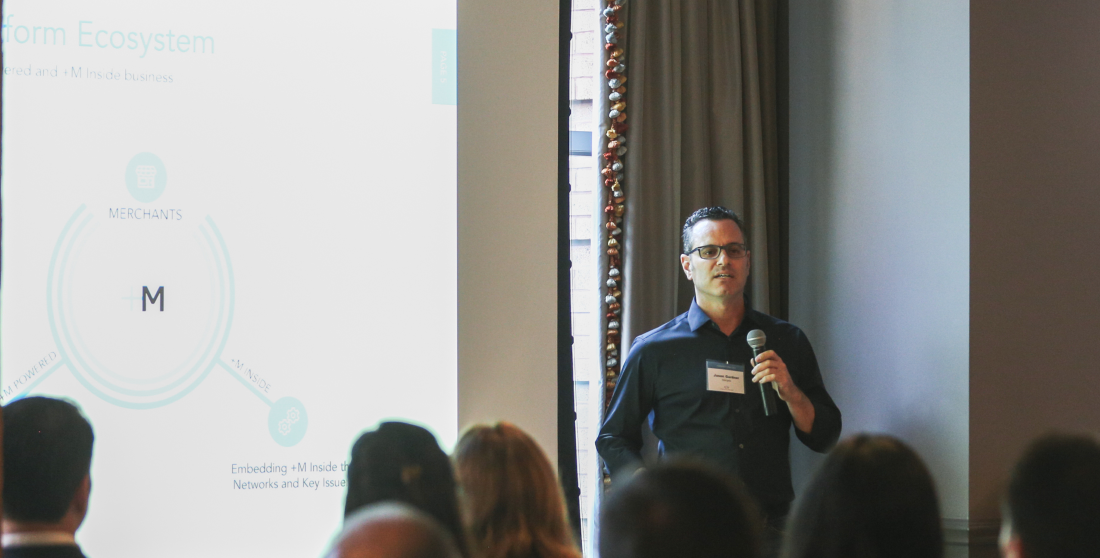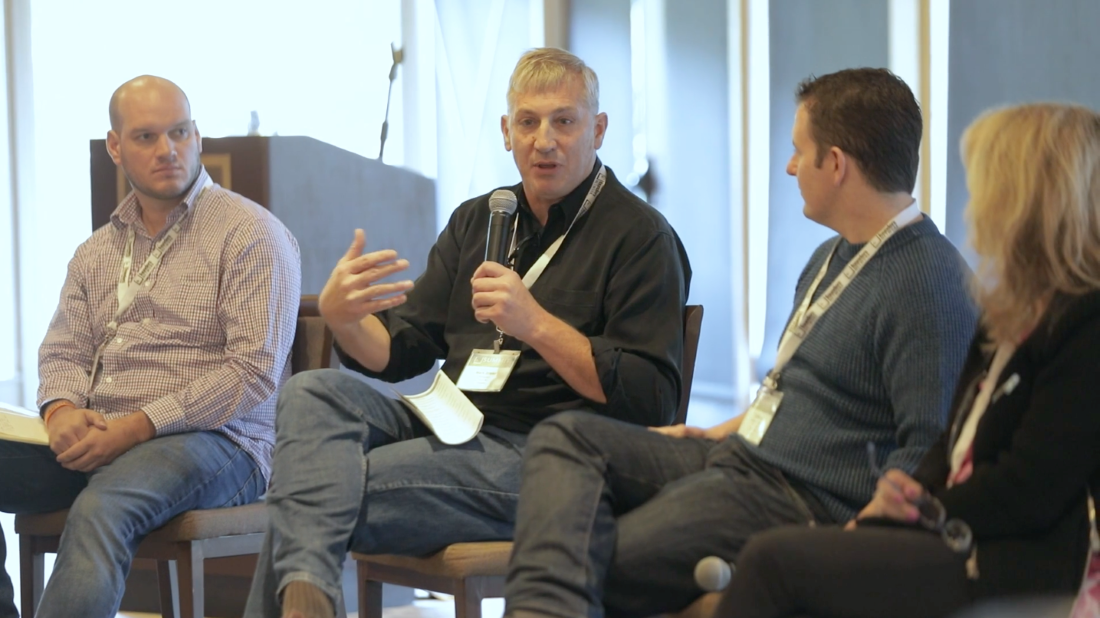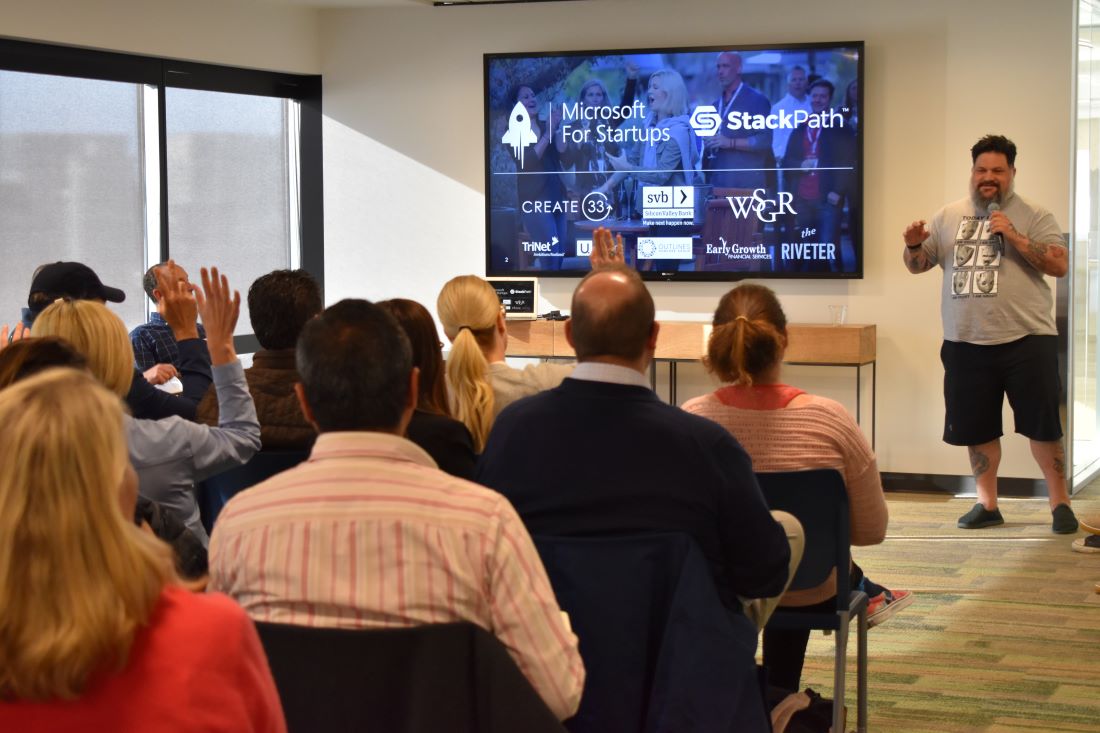
Marqeta founder and CEO Jason Gardner discusses what founders and executives need to do in a recession, and how to make sure your startup emerges stronger on the other side.
Leadership counts, perhaps now more than ever.
Founders and CEO’s are navigating a period of unprecedented turmoil and change. And oftentimes, the best resources in times of uncertainty are peers who undergo similar challenges. That’s according to Jason Gardner, founder and CEO at leading fintech firm Marqeta, which has raised $528 million since it was founded 9 years ago. As a longtime founder and executive in Silicon Valley, Jason has seen his share of boom-and-bust cycles, and shares his experience at a Founders Network keynote. Register for Jason’s talk here.
“No one knows for sure how long the current recession will last, or what the full trajectory of COVID-19 may be. But founders and CEO’s can take a few steps to ensure they’re making sound decisions in responding to the crisis,” Jason says.
“There are three areas that I’ve been focusing on as a CEO and founder: Number one is managing the psychology of my organization, and also managing my personal psychology. Because we’re in such uncharted territory, many of us are trying to find our way through what is potentially a significant downturn in the economy,” he says.
Relying on peer networks, like Founders Network, and the expertise of people you trust is pivotal right now, both in terms of gaining knowledge and resources and the psychological benefits of connecting with others in the same boat.
“You never know what a small investment of time and capital is going to bring back to you. In times like these, your own psychology is really important. You can only lean on friends and family so much — you need to be able to lean on people who understand what you’re going through, who understand what it’s like to start and grow a business and what you’re dealing with on a day to day basis, which in many times can be really difficult.”
Managing your own psychology isn’t strictly about personal wellness — it can also have major implications for your business, trickling down to your organization in numerous ways.
“Anything you do, whether it's hiring somebody or raising capital, 90% of it is psychological. People are investing in you.” - @jmgards Share on X“Anything you do, whether it’s hiring somebody or raising capital, 90% of it is psychological. People are investing in you. If you’re a fait accompli and have fire coming out of your eyeballs, they’re going to believe in you and they’re going to want to invest. And then the flip side is true: You might have the best idea in the world, but if you can’t articulate it very well, or if you don’t exude confidence, people simply aren’t going to invest.”
The link between personal psychology and the health of your startup is especially pronounced in a crisis, when founders need to make decisions — often difficult decisions — very quickly.
“As a CEO or founder, you're constantly on stage. Your employees, your investors and your customers are going to be listening to you, so you have to be very prepared and very focused.” - @jmgards Share on X“As a CEO or founder, you’re constantly on stage. How you operate, how you think, how you speak, what you say: Your employees, your investors and your customers are going to be listening to you, so you have to be very prepared and very focused,” Jason says.
From an operational perspective, managing losses should be a top priority for founders right now. Founders and CEO’s must be prepared to take decisive action to preserve their runways as long as possible, to pivot where needed, and to generally recalibrate investments for what could be an extended downturn.
“In the startup world, capital is everything. Controlling your runway, which is how much time you’re going to have before you need to raise your next round, is super important. These are things that you’re in control of now,” Jason says.
But it isn’t all about battening down the hatches. Founders and CEO’s can use this time to build a stronger, leaner, and more resilient organization — the type of organization that will be able to dominate whatever new environment emerges.
“I can tell you at Marqeta, we’re spending a lot of time doing strategy right now,” he says. “Obviously the environment has completely changed, so we’re focused on how that will change the business over the next three to five years.”
“Now is the time to grow and protect the core. And what I mean by that is your customers. The customers that you have are going to be your most important: Check in with them, meet with them, make sure you have a clear understanding… Share on X“Now is the time to look at your startup and protect the core,” Jason adds.
“In thinking about the recession, now is the time to grow and protect the core.. and what I mean by that is your customers. The customers that you have are going to be your most important: Check in with them, meet with them, make sure you have a clear understanding of where they’re headed so you can adapt,” he says.
Lots of startups are facing challenges right now — and chances are, many of your customers are too. Now is the time to put the needs of your customers first, which will pay dividends once the economy bounces back.
“Talk about your product roadmap, talk about your strategy, and make sure that you are in front and center in those discussions,” Jason says. “Be prepared to take on the onslaught of business coming out of this, because budgets will come back and people will want to spend money.”






